Roy Keane has left his job as assistant manager of the Republic of Ireland this week by ‘mutual consent’. He had been working there for the past five years alongside Martin O’Neill. Ireland did decently under O’Neill - qualifying for Euro 2016 - but then did badly.
Keane was originally viewed as an inspirational figure for some of the younger players who might have had memories of him excelling as one of the best midfield players of the Premier League era for Manchester United. But Keane was confrontational; he fell out with some players – Jonathan Walters and Harry Arter being the latest examples – and his Irish tenure will not have English clubs lining up to re-sign him as a manager.
Ryan Giggs – who played nearly 1,000 matches for for Manchester United – is struggling in charge of Wales. He got off to a good start, bringing forth young players and dishing out a beating to a very poor Ireland team. But things have stagnated from there.
Wales finished their Nations League campaign disappointingly and lost their most recent friendly to Albania. Already some Welsh voices are concerned that custody of such a promising group of players – led by Gareth Bale – is in the hands of such an inexperienced and unproven manager.
These are two of Sir Alex Ferguson’s stalwarts, who helped United to unprecedented success. If there are any lessons to be learned from Ferguson’s leadership then these two would surely be among the first to know the code. It appears though that nothing has rubbed off.
Keane and Giggs in particular had proximity to one of the most successful managers football has ever known but did they learn anything from him about managing a team of their own? If not, then why not?
Ferguson coached over 30 players who have since gone into management. They have had varying degrees of success. The best would be Laurent Blanc, but given he was 35 by the time he got to Old Trafford and had already played under Johan Cruyff it would be perhaps generous to describe him as a Ferguson devotee.
The next most successful? Debateable, but it would probably be Steve Bruce. He has managed nearly 900 games in the top two tiers of English football and is generally seen as a good fit for club of limited ambitions. He will get you up or keep you up but beyond that there hasn’t been any extensive, tangible success.
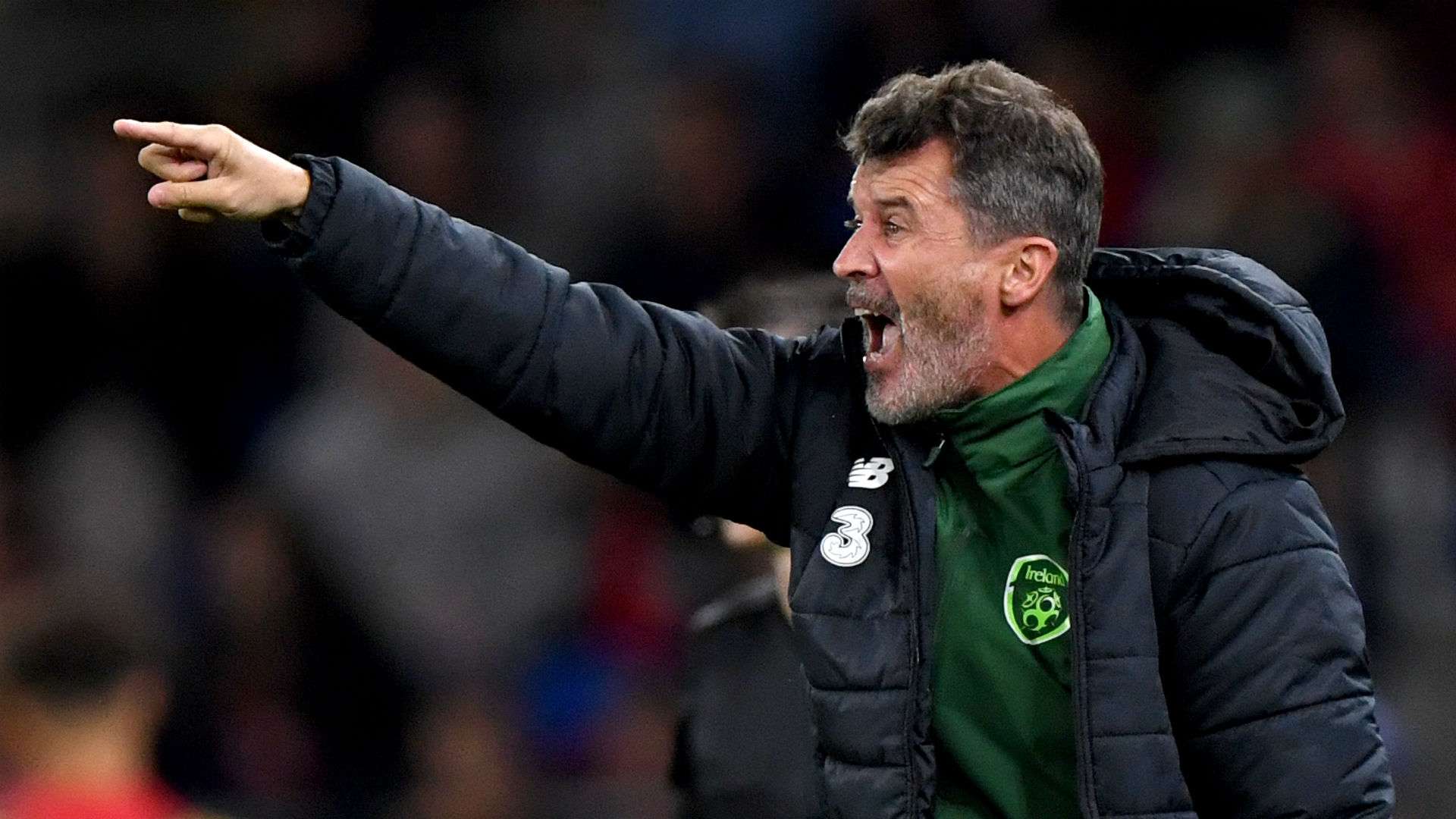 Getty Images
Getty Images
After that? It is slim pickings. Gordon Strachan did well at Coventry and at Celtic. Mark Hughes has been around the Premier League a long time but is currently driving Southampton into the ground. You go through the rest and they range from the outright failures – like Gary Neville – to the middling – like Jaap Stam, Henning Berg and Ole Gunnar Solskjaer - whose only successes have come in Norway.
There is not a Ferguson school the same way as there is a Cruyff school. The Dutch master’s time at Barcelona inspired coaches like Pep Guardiola, Ronald Koeman, Luis Enrique, Juan Antonio Pizzi, Julen Lopetegui and Blanc. He instilled a methodology that would outlive him both in terms of the men he managed and the club he left behind.
Barcelona still adhere to those Cruyffian principles – albeit not as dogmatically as Pep’s edition – and the people he educated carry his methods far and wide. That is both in a tactical and psychological sense. And the players who grew up with his principles – from Carles Puyol to Xavi to Andres Iniesta and Lionel Messi – have his football hardwired in their brains.
Ferguson’s story is well told and he relaunched himself in retirement as a sort of business guru with his 2015 book “Leading”. The leadership industry is awash with charlatans who will claim to have the magic formula for success. As a dynastic coach of one of the world’s pre-eminent sports teams, Ferguson found his place in this warped industry, where sycophants would hang on his every word.
But the problem with “Leading” is that at its root it doesn’t say how YOU can succeed, it merely goes over the ways in which Ferguson succeeded. Reading through the core messages he disclosed to Harvard Business Review ’s Anita Elberse a couple of years before its publication, you can see just how hollow a lot of the message was.
There is simply nothing that an aspiring coach can read, latch onto and say 'That will work for me'. Not like Cruyff. We learn that Ferguson began his time at Old Trafford by clearing out United’s drinking gang and installing a good academy structure. What is to be learned there if the club at which a disciple alights has no drinking culture and an already functioning academy? The lesson is so specific as to be redundant.
Then follow some platitudes about coming to work early, making people respect you, building your power base.
In football terms, not a lot any player working with Ferguson could get his teeth into. The tactical stuff he delegated. There is no Ferguson way to play. At their best United were a devastating counterattacking team but they were not afraid to stodge it up with a 4-5-1 when the situation called for it. There are no key footballing tenets which a Keane or a Giggs can draw from. Intimidate the referee? Maybe. Keep your team going until the last minute? Surely that’s a given.
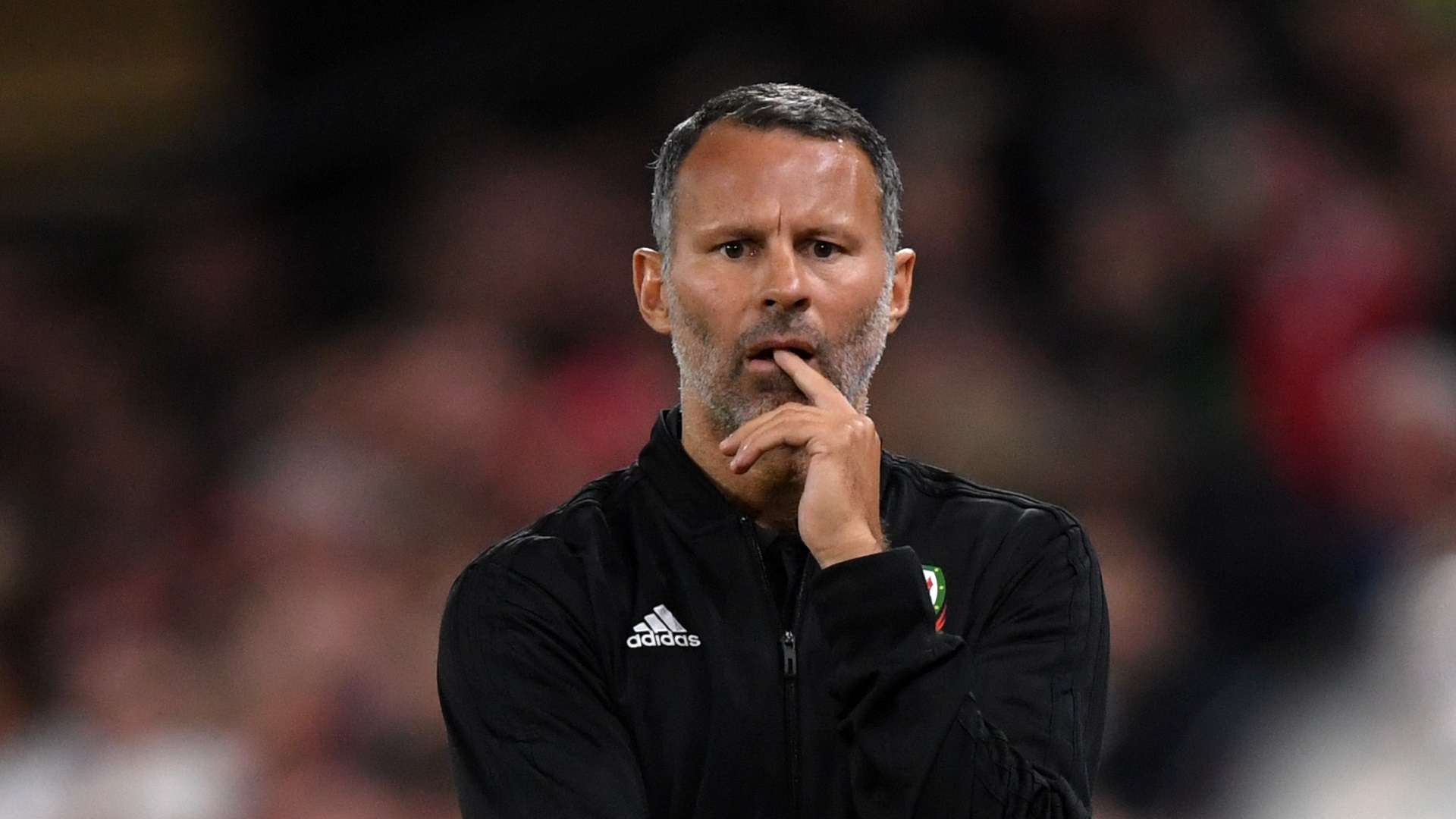 Getty
Getty
Ferguson’s great footballing characteristic was his adaptability while he also had a strong willingness to learn. He was open-minded on the tactical front but that means the database is quite empty when those who come after him try to reach back and grab at his style for teams of their own.
Old Trafford features a Sir Alex Ferguson statue, a Sir Alex Ferguson Stand and a Sir Alex Ferguson Way. It is very much a club in homage to the man who built its modern incarnation. But what did he leave behind? To his coaches… practically nothing in terms of what they learned and what they achieved in their own careers. To his club?
David Gill once said that Steve Jobs was Apple in the way that Sir Alex Ferguson was Manchester United. But Apple survived Jobs’s death. United have not come through the other side of Ferguson’s departure as anything like the same club.
The academy still puts out players and that is to be cherished. Jesse Lingard, Paul Pogba – who Ferguson could not control – and Marcus Rashford pay tribute to his legacy. But elsewhere they are just like any other big club.
Money is spluttered away on wages and transfer fees. The manager lurches from crisis to catastrophe. There is no identity to the players bought or the style of play. And Ferguson shielded a detested ownership group whose money-draining methods are much harder to countenance now that the man himself is no longer around to win trophies.
Ferguson powered United but did not leave enough of his expertise behind for it to power itself nor did he imbue his players with any true managerial qualities. Keane and Giggs might continue to get jobs but there is little or nothing of Ferguson inside them. Just as there is very little of him in Paul Ince or Hughes.
Maybe the true secret of his leadership is that there was no secret at all.
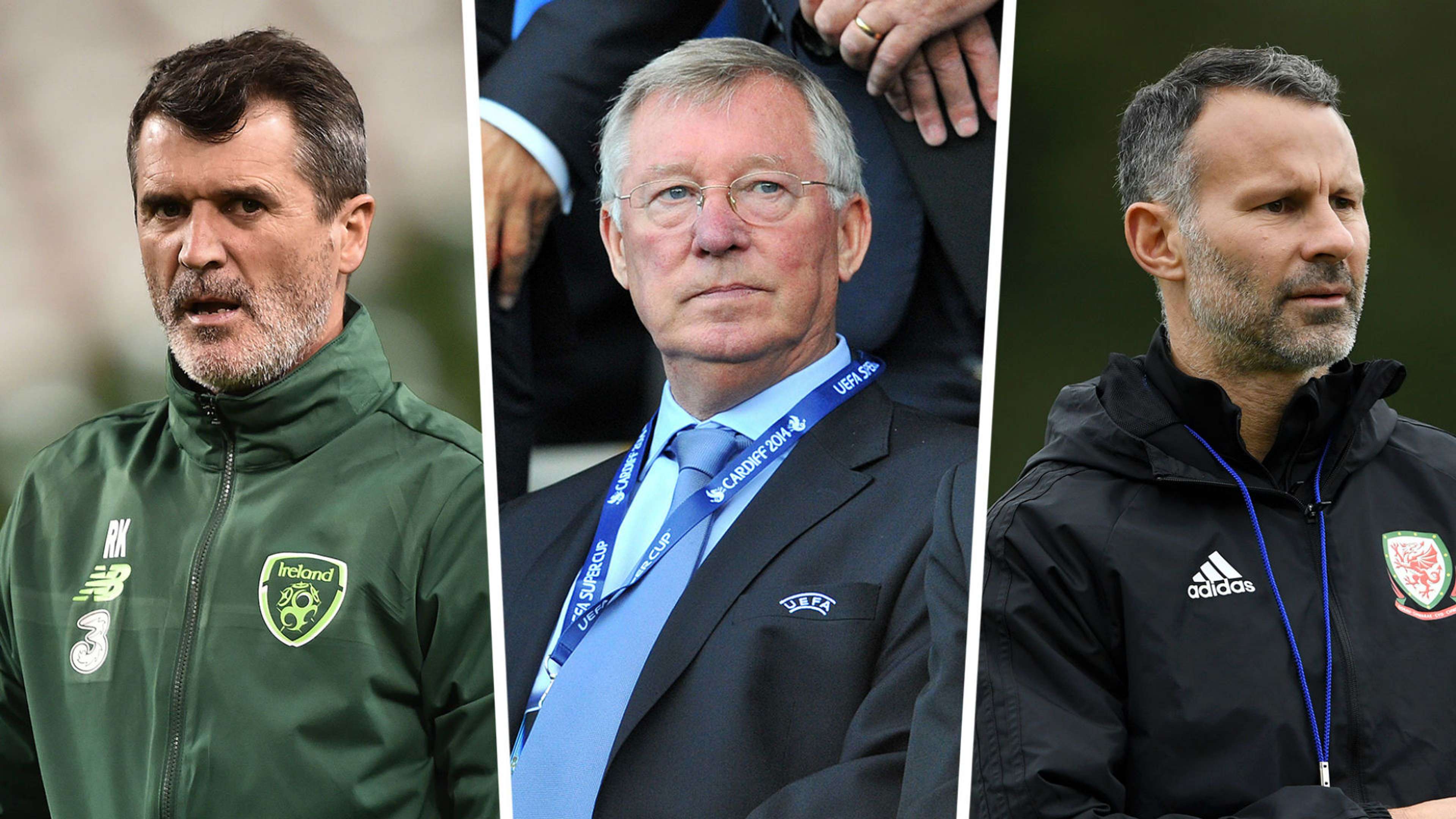
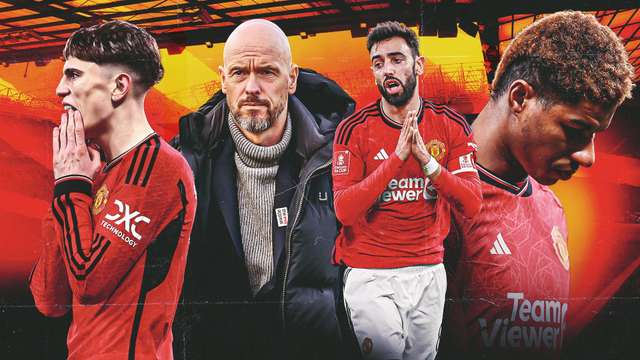
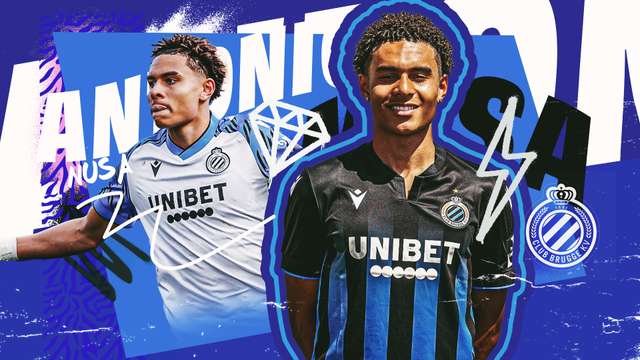
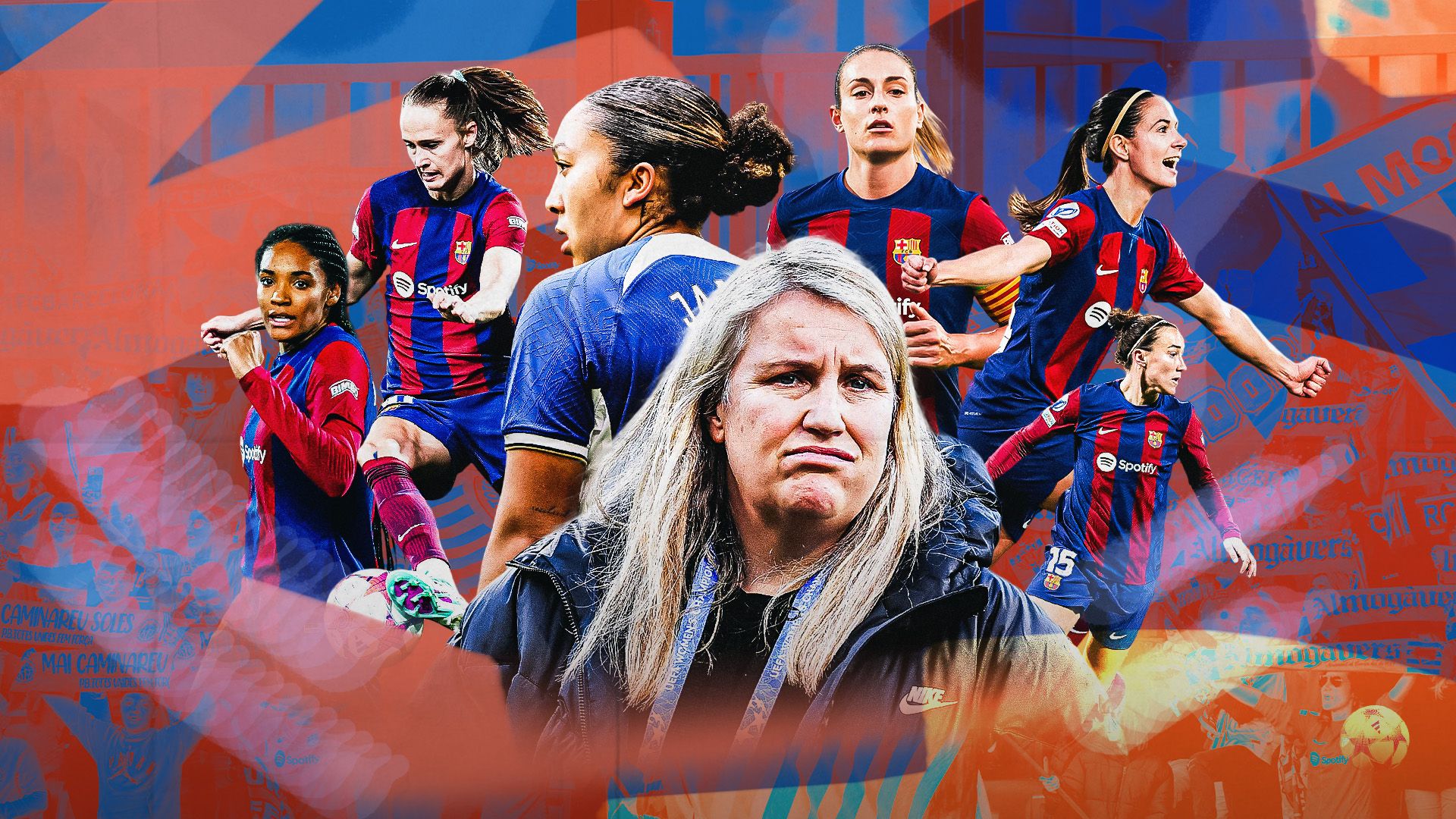.jpg?auto=webp&format=pjpg&width=640&quality=60)
.jpg?auto=webp&format=pjpg&width=640&quality=60)